Are Cats Noses Supposed to Be Wet?
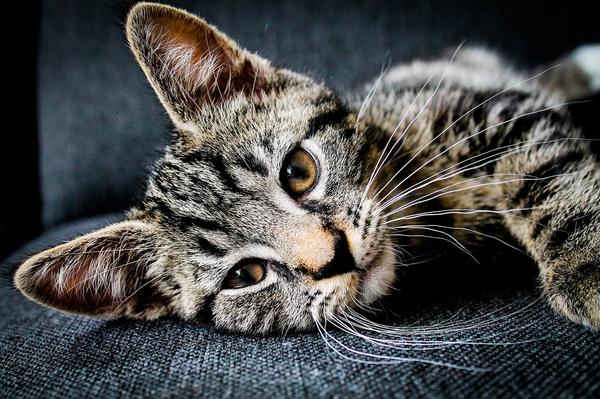
Are your whiskers twitching with worry?
Is your feline friend's wet nose causing you to lose sleep?
Goodness gracious, the thought of an unhealthy kitty can twist your heart into knots. 😢
But fear not, in this I Care for Cats guide, we'll unravel the mystery.
Let's begin!
Signs of a Healthy Cat Nose: What to Look For
A cat's nose says a lot about their health.
Here are some signs to look for:
- Throughout the day, it's normal for your cat's nose to go from wet to dry and back again.
- If your cat's nose is extra dry, it could be due to natural changes or sunburn, but make sure it's not cracking or flaking.
- Cold noses aren't necessarily bad, but if your cat's nose feels too chilled, it might mean they're getting too cold overall. Time to cozy up with a blanket!
- A healthy nose is just one piece of the puzzle, so watch out for any unusual behaviors or signs of illness in your cat.
- Check their body for any lumps, scratches, scabs, or swelling. These could indicate skin issues or something more serious.
- Take note of their fur. Is it dandruff-y, oily, or missing in patches? This could be a clue to a bigger problem.
- Healthy cats have bright, clear, focused eyes. If their eyes are red, discharging, or constantly squinting, a vet visit might be needed.
- Gums should be pink, pale, or bright. Red gums can signal dental problems or infection.
- Don't forget to check the cleanliness and odor of the hairless part of their ears. It should be clean and without any foul smell.
- Lastly, remember that a moist nose helps cats capture scent particles and improve their sense of smell. It's also involved in the flehmen response, when cats draw air into their mouths to better smell stimulating scents like catnip or pheromones.
So, next time you give your cat some love, take a quick look at their nose too.
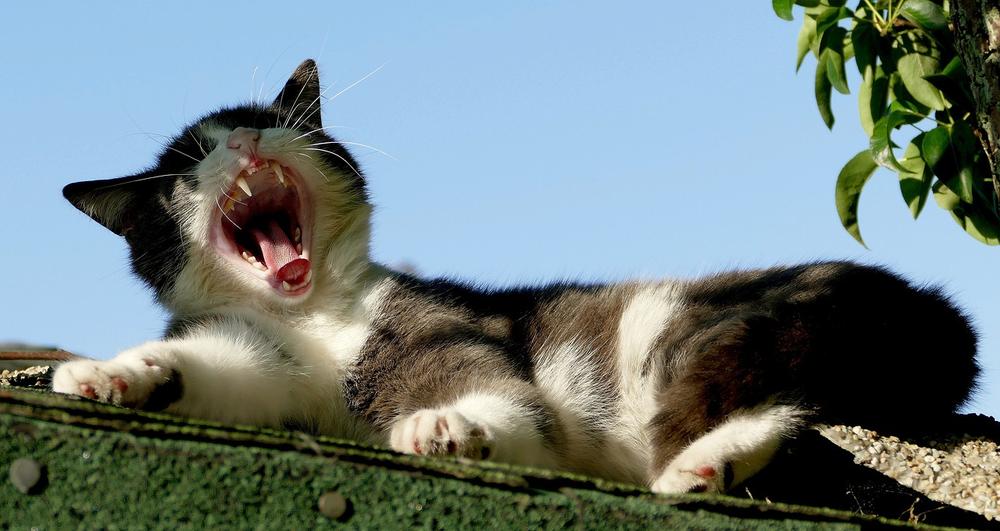
It can tell you more than you'd expect! 😺
And if you're still curious about your cat's nose, I've got you covered.
In my article on Why Is My Cat's Nose Turning Black, I delve into the possible explanations for this phenomenon.
So, if you want to understand why your cat's nose is changing color, head over to my blog post and discover the answers you're looking for.
Common Myths and Misconceptions About Cat Nose Wetness
Let's debunk some common myths and misconceptions about cat nose wetness.
Here are 8 things you need to know:
- Dry noses in cats can be perfectly normal.
- A wet cat nose doesn't necessarily mean they are sick.
- Cats' noses don't have to be wet like dogs'.
- Wet noses can help cats pick up scents easily.
- Jacobson's Organ is the secret scent detector in cats.
- Cats lick their noses to reset and remove residue.
- Moistness of a cat's nose isn't an indicator of general health.
- Checking for fleas? Look for black specks resembling pepper.
So, don't stress over your cat's dry or warm nose - it might just be their natural state... And please remember, the moisture level of their nose is not a reliable health gauge.
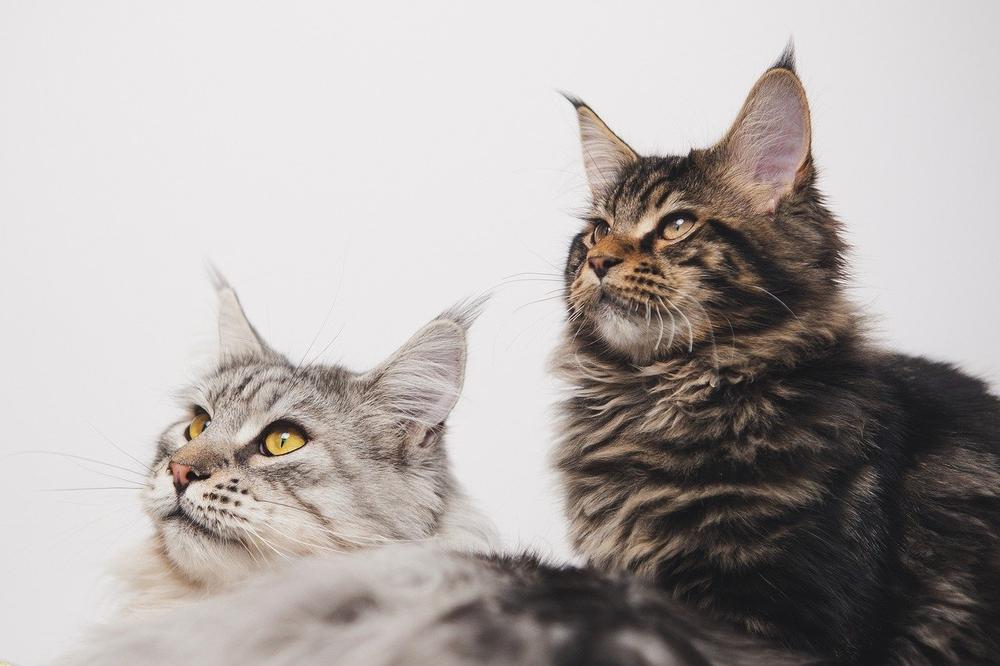
Instead, keep an eye out for other signs and symptoms of illness.
Now that you're armed with this knowledge, go ahead and give your furry friend's nose a quick inspection for any unwanted passengers!
Now, you might be wondering what specific conditions or issues can lead to excessive wetness in a cat's nose.
Well, hold on tight because I'm about to reveal some potential causes that you won't want to miss!
Causes of Excessive Wetness in a Cat's Nose
Excessive wetness in a cat's nose can be caused by allergies. It is something you should consider if you notice this symptom.
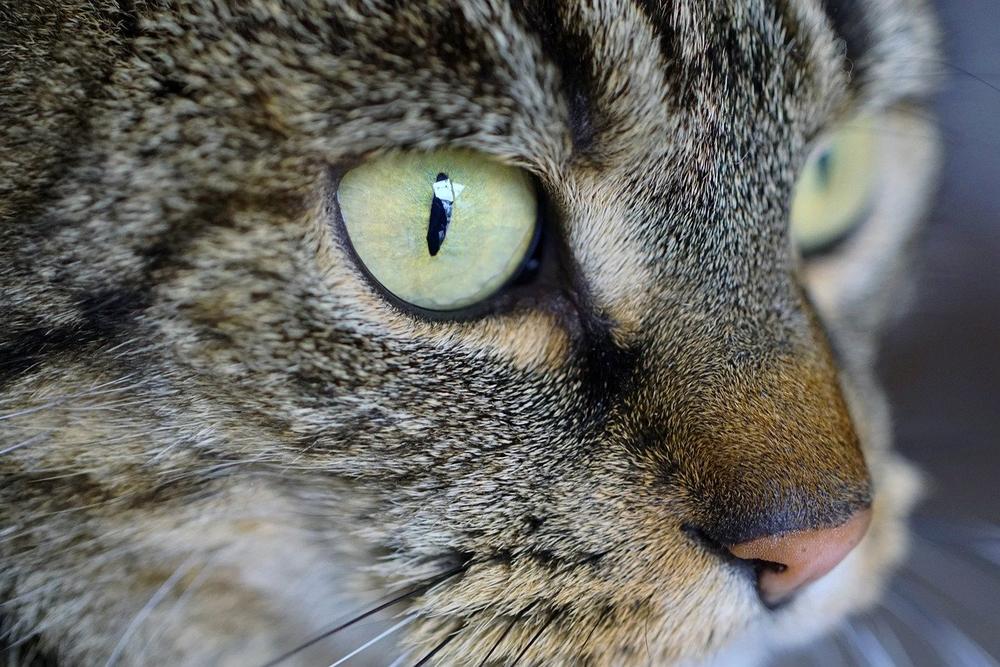
Other possible reasons for excessive wetness include scratches or growths on the cat's nose that may need medical attention.
It could also be a sign of a URI or another illness. Make sure to monitor your cat's health closely and seek veterinary advice if necessary.
When to Be Concerned: Abnormalities in a Cat's Nasal Moisture
Changes in a cat's nasal wetness can be a red flag.
Here are some abnormalities and tips to watch for:
- A dry nose along with symptoms like sneezing, coughing, lethargy, reduced appetite, or increased thirst requires vet consultation.
- Excessive drooling or pawing at the mouth may indicate dental issues or other problems.
- Signs of sickness such as weight loss, diarrhea, or foul-smelling breath should not be ignored.
- It's essential to regularly check a cat's feet for infections, swelling, torn claws, or litter trapped between their toes.
- Familiarize yourself with emergency procedures that provide temporary relief until you reach a veterinarian.
- Shaking their head and constant scratching could signal the presence of ear mites or infection.
- Remember, veterinary advice should always be sought, and caution exercised when giving medication without guidance.
Keep in mind that cancer treatment can be costly, but pet insurance assists with managing expenses. 💰
Seek professional help before deciding on any medical intervention.
Being proactive and observant can help ensure your feline friend's well-being.
Now, here's the deal...
Maintaining a healthy cat nose is crucial for their overall well-being.
But what about other parts of your feline friend's body?
Let's dive into some essential tips and practices to ensure your cat stays in purr-fect shape from head to tail:
Tips for Maintaining a Healthy Cat Nose
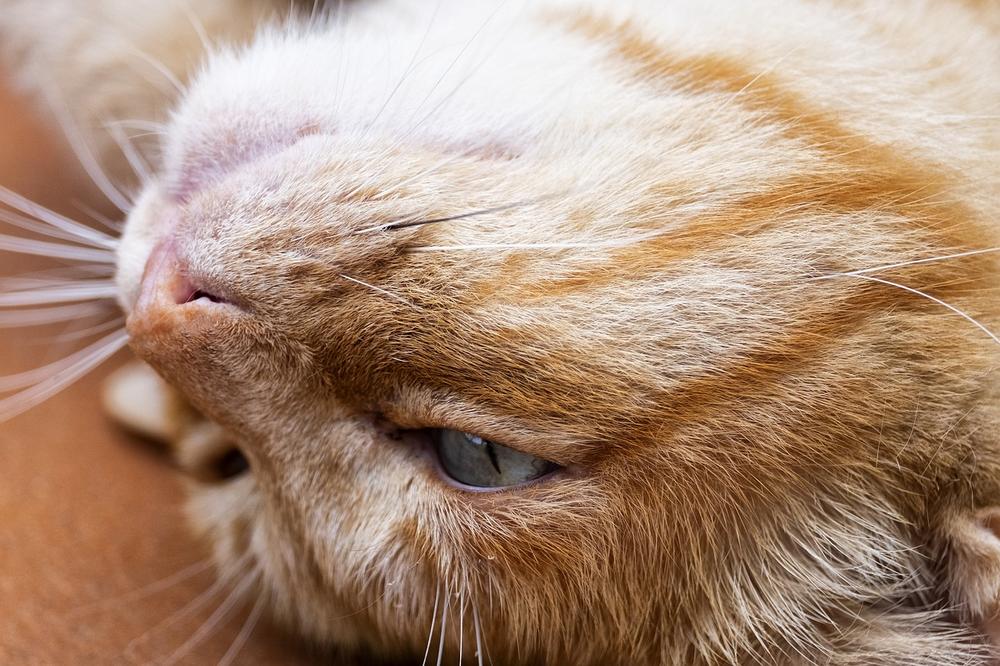
To keep your cat's nose healthy and ensure their in essence well-being, here's what you need to do:
- Make sure your furry friend has access to clean and fresh water. Dehydration can cause a dry nose, so hydration is key.
- Encourage your cat to drink more water by using cat fountains or placing multiple water bowls around the house. They'll love having options!
- If your cat eats dry kibble, it might be contributing to their dry nose. Consider adding some wet food to their diet for extra moisture.
- Pay special attention to hairless noses, especially if your cat has a white coat and pink nose. Protect them from harmful sunburn by limiting direct sunlight exposure.
- Keep your cat's nose clean by gently wiping away any debris or discharge with a soft cloth. It's important to maintain cleanliness.
- Take good care of your cat by providing a balanced diet and scheduling regular checkups with the vet. This will help ensure their overall health.
- Give your cat nose-to-tail checkups at home. Check their teeth, tail for signs of parasites, and trim their claws regularly. Stay on top of their health game.
- When brushing your cat, not only are you removing loose fur, but you're also stimulating blood flow, distributing oils, and preventing pesky hairballs.
- Be prepared for emergencies by keeping a book on cat care with first-aid information and having a basic pet first-aid kit handy. You never know when you might need it, especially when traveling.
- Show some love to the Humane Society of the United States by making donations to support their life-saving work. Every little bit helps!
Your cat will have a healthy and happy nose if you adhere to these suggestions.
Conclusion
Summary/Takeaway Section:
- A cat's nose can vary in wetness throughout the day.
- Extra dry noses may be due to sunburn or natural variations.
- Cold noses can indicate that the cat is too chilled.
- Changes in other behaviors should also be monitored.
- Many healthy cats have dry noses without being dehydrated.
- Checking the cat's body for irregularities is advisable.
- Dandruff, oily or missing fur may indicate skin or internal problems.
- Bright, clear, and focused eyes are normal indicators of health.
- Redness, discharge, or squinting in the eyes could signal a problem.
- Healthy gums should be pink, pale, or bright.
- A cat's nose serves as a temperature regulator and enhances their sense of smell.
- Wetness on the nose helps cats trap scent particles.
- Cleanliness and odor of the hairless part of the ears should be checked.
- The flehmen response helps cats enhance their sense of smell.
- A cat's nose is not supposed to be wet like a dog's nose.
And that wraps up today's article.
If you wish to read more of my useful articles, I recommend you check out some of these: Do Cats Pant When Hot, Cats Purring Sound Congested, How to Clean a Cats Nose, Why Is My Cats Nose Bleeding, and Panting in Newborn Kittens
Talk soon,
-Sarah Davis